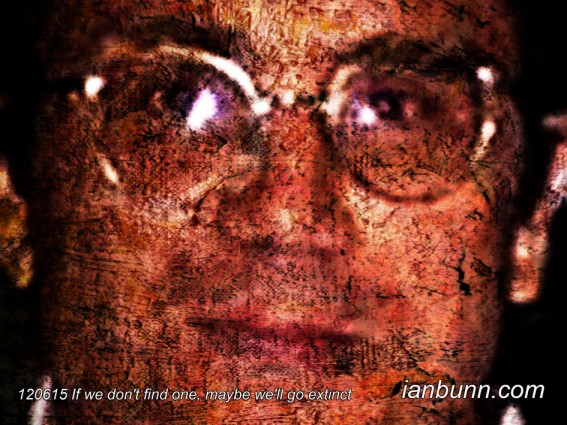Charles H. Lineweaver the Australian Astrophysicist and Senior Fellow at the Planetary Science Institute believes finding planets outside the solar system that can sustain life should be made a top priority, and may be crucial for our survival as a species. Lineweaver profiled by Darren Osbourne stated “Determining whether these planets are habitable has become the new holy grail of astronomy, It’s probably one of the biggest, most confusing, and important issues that planetary scientists are going to have to deal with in the next 10 to 20 years. …Over the past few decades our exploration of the Earth has turned up life in all kinds of weird environments where we didn’t think life could be in, and we’re finding all types of extraterrestrial environments that we didn’t know about before, as these two groups expand they start to overlap in big ways, and that’s where habitable planets will be found. …Life, by managing its own environment, makes a planet habitable. It has produced adaptive features as a result of Darwinian evolution to live in colder and warmer environments. …The next step will be to develop a satellite that can look at the atmospheres of these planets, which will be able to give us some information about whether there is life there or not, …and if we don’t find one, maybe we’ll go extinct.”
Inspired by Darren Osborne ow.ly/bs3tA image source Facebook ow.ly/bs1T8


